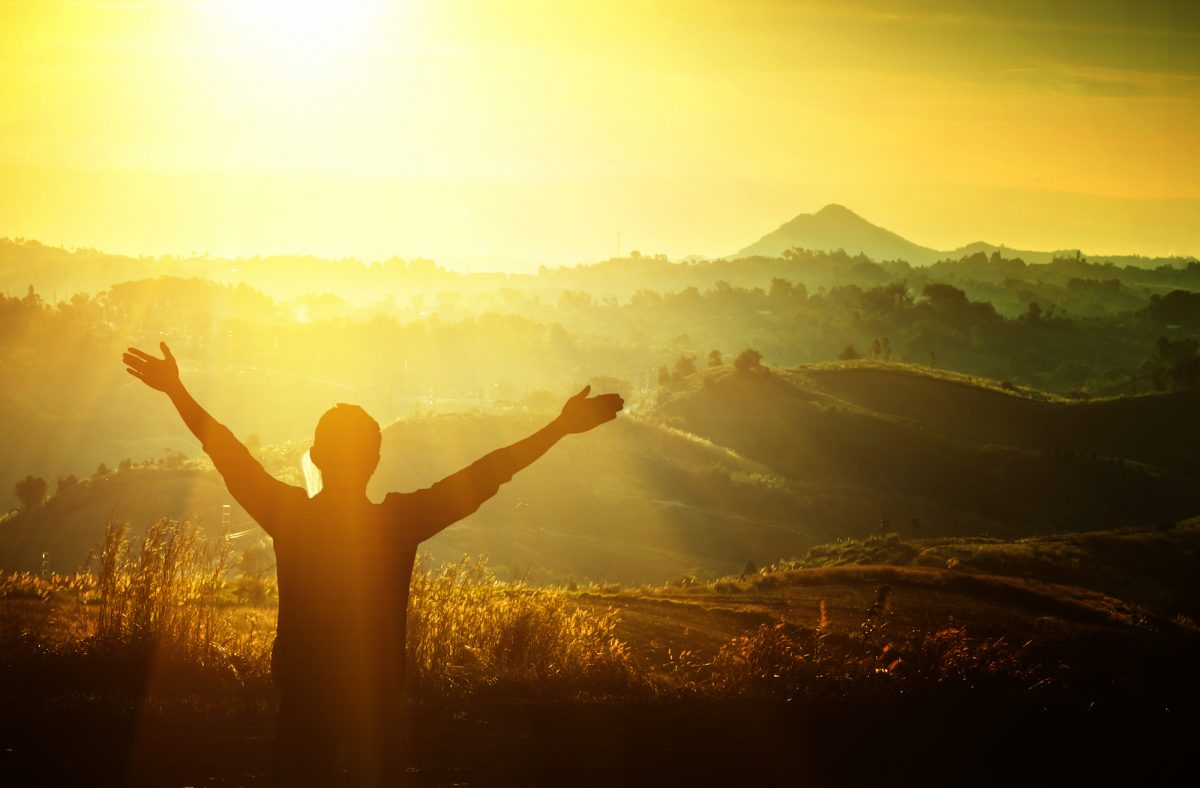by Kelly Beischel PhD, RN, CNE
My husband and I saw Garth Brooks in concert this past Sunday night. I don’t typically stay out late on Sunday nights as the price to be paid on Monday is too steep.
But for Garth Brooks …
I made an exception.
What a performance! I love his music and know nearly all of his songs by heart. The lyrics and accompanying music are catchy thus memorable.
But do you know what I love most about him?

- His energy.
- His enthusiasm.
- His passion for his art.
- And from what my son told me after meeting Garth personally, Garth is an unbelievably kind person!
Refreshing to hear, right?
Even if you aren’t a fan, you have to agree that he has something special going on. I mean. Come on. Garth goes on a world tour after being absent from the music industry for nearly 16 years. And every one of his concerts sells out within minutes of the shopping cart opening.
During the concert, I couldn’t help but note that when we were all clapping, screaming, and singing with Garth, he responded with over-the-top expressions of gratitude and joy.
Garth’s gratitude and joy generated, even more, engagement and enthusiasm from his fans.
And this got me thinking.
What if we showed up to the classroom with Garth’s level of energy, enthusiasm, and passion for what we teach?
- Would students show up differently to our classrooms?
- Would they engage?
- Would they be eager to come to class?
- Would they too become passionate about what they were learning?
And what type of response would we elicit from students if we, like Garth, expressed over-the-top appreciation for our students’ efforts:
- ~ when they do things like answer our questions without being called upon, despite their fear of being wrong?
- ~ how about when a student asks a question in class that you know approximately 13.3 other students were probably clueless about as well but were afraid to ask?
- ~ or what about when a student, despite failing to problem solve correctly is willing to work on it out loud, enabling you to coach him on how to process the problem differently?
- ~ and especially when you know that it’s likely that many more students learned how to problem solve because he was willing to process the problem aloud?
Well, I’d bet the house that students would engage in class with more enthusiasm.
I’m also willing to bet that your over-the-top expressions of appreciation for your students would induce laughter, demonstrating that learning is fun.
Students would readily tackle challenging problems, dropping their fear of failing in front of peers.
And we all know the outcome of having engaged, happy, uninhibited students in the classroom, right?
Yep. Increased learning.
The next time I’m in a classroom or workshop, I’ll be sure to channel Garth Brooks, bringing his level of energy, enthusiasm, and passion for what I’m teaching.
I’ll also express over-the-top appreciation for students who work hard and for those who are willing to risk embarrassment for the sake of learning.
Will you join me?

Comments
Add Comment